27-29 January
University of Calabria

Learn more
What was done
The meeting was an important opportunity to carry out the practical-experimental activity of the DESDEMONA project, dedicated to innovation in Maintenance 5.0. During the event, it was possible to field test advanced methodologies, collect essential data, and deepen the integration of humans, artificial intelligence, and automated systems.
Each technician performed two maintenance tasks, with a split between experts and non-experts. Throughout the process, physiological parameters such as heart rate were monitored to analyze the physical responses of the participants. Contextually, the emotional impact of the maintenance activity was assessed, with the aim of understanding the psychological reactions of the operators and any differences between the two groups.
In addition to the practical activities, the meeting was a key time for the presentation and discussion of the results obtained, with the involvement of experts in the field, project partners and academics. During these sessions, challenges that emerged during the trial were addressed and the next steps of the project were discussed.
Participants took part in hands-on workshops and interactive sessions, delving into advanced technologies related to Maintenance 5.0. These training moments offered a concrete opportunity to test the application of new tools and methodologies, fostering direct discussion between practitioners and researchers on the potential of the innovative solutions developed within DESDEMONA.
- UniParthenope Contribution
- UniCAL Contribution
- PoliBA Contribution

fast foward thinking
Maintenance time

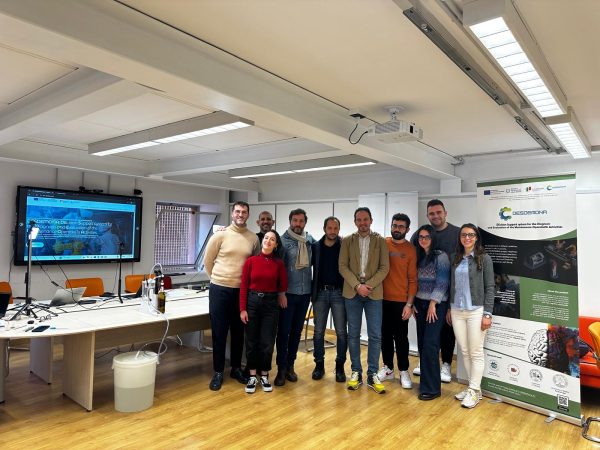
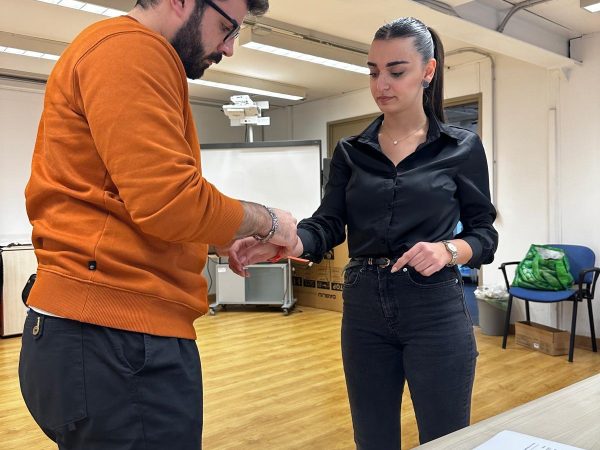
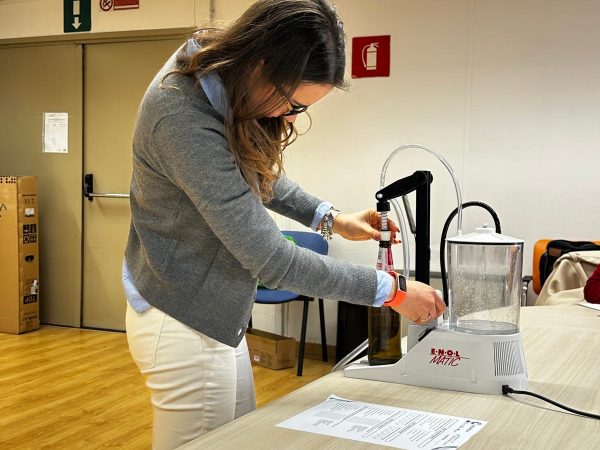
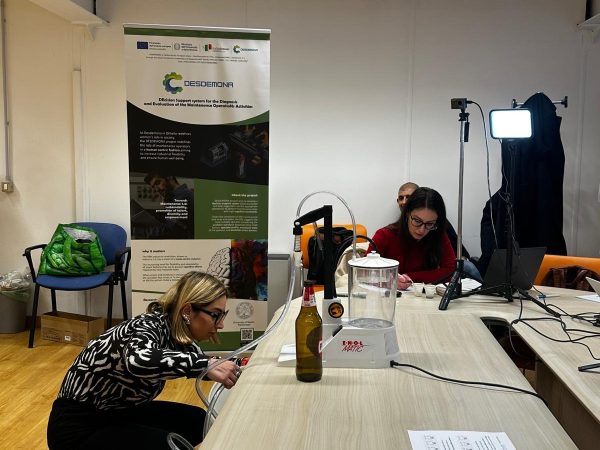
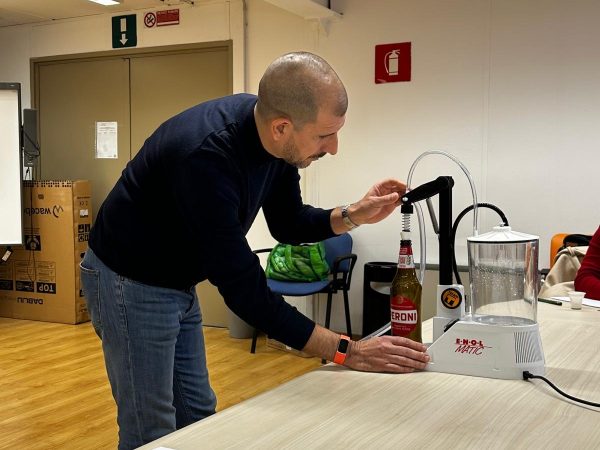
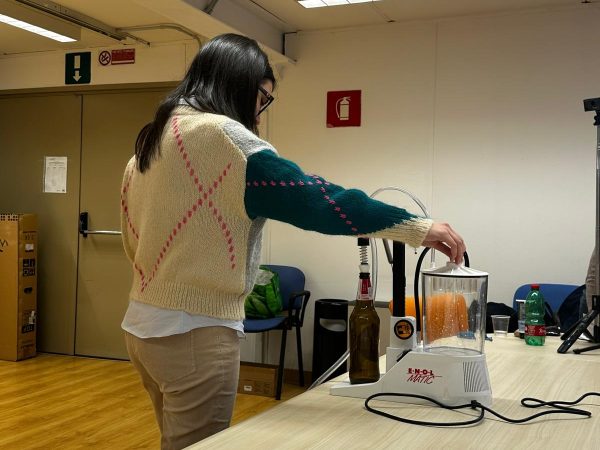
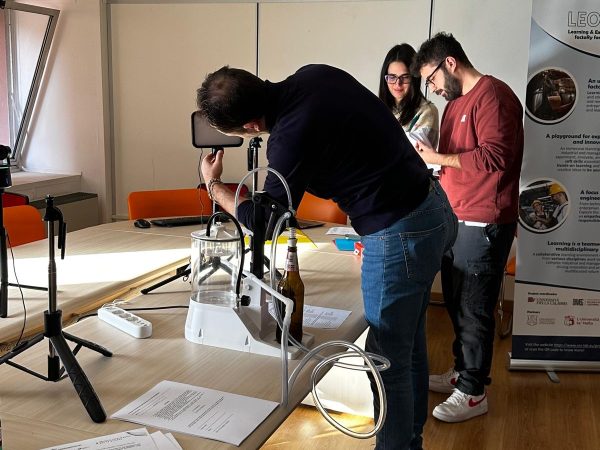
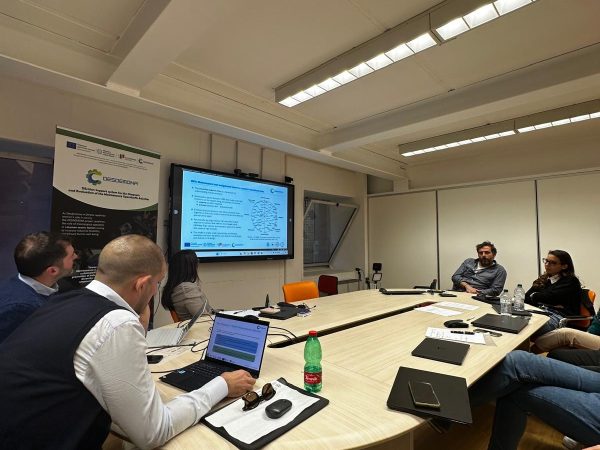
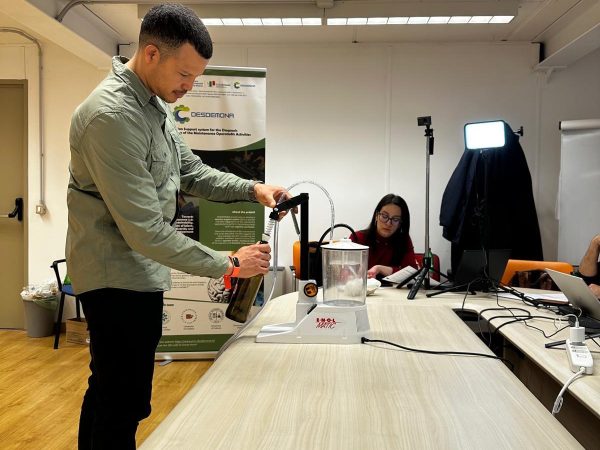
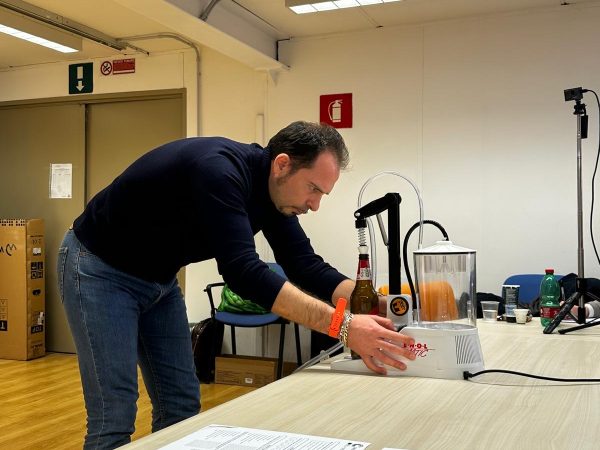
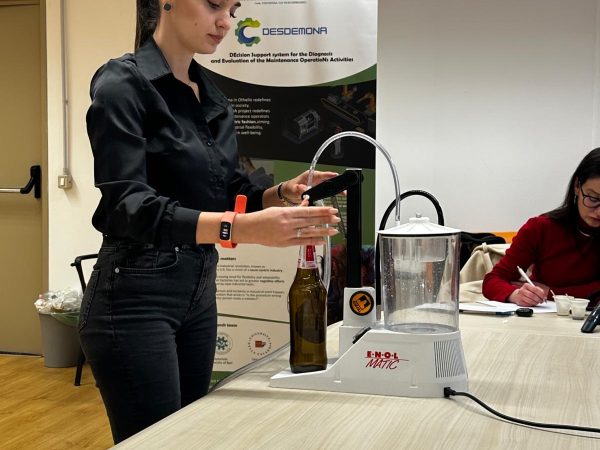
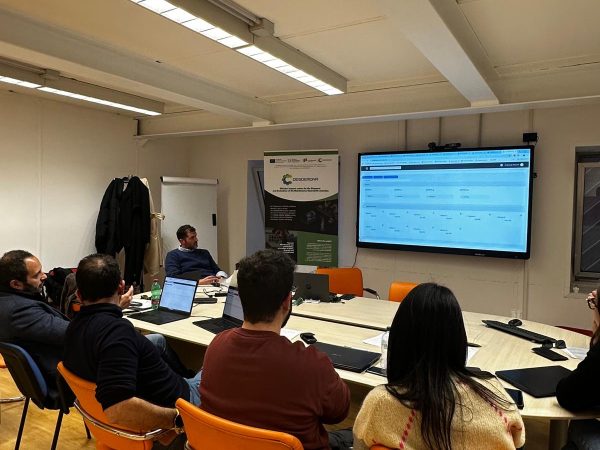
where we are going
Project Goals
The DESDEMONA project develops an advanced Decision Support System (DSS) for optimizing industrial maintenance activities by reducing the cognitive load on operators. Integrating Artificial Intelligence (AI) and Augmented Reality (AR), the system analyzes skills, emotional state and available devices, dynamically assigning tasks. The goal is to increase efficiency, safety, and well-being in Industry 5.0 manufacturing environments while minimizing errors and downtime. The model proposes a human-centric approach, balancing sustainability, automation and human-machine interaction. The system employs neural networks and multimodal analysis (biosignals, facial expressions) for adaptive performance evaluation. The open-source platform ensures interoperability and transferability of results in industry and academia. DESDEMONA represents an innovative paradigm for predictive maintenance, with strategic implications for productivity and occupational health.
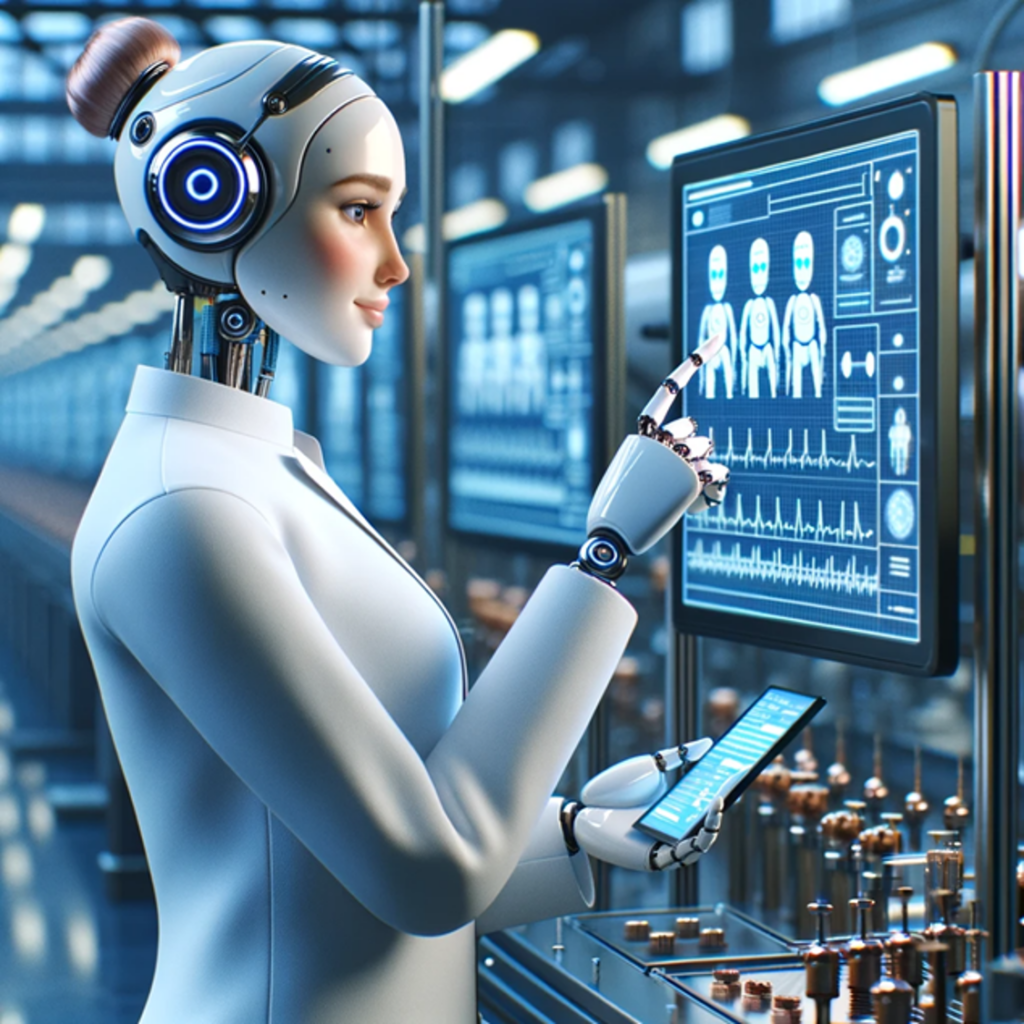

Contact Info
- Email: desdemonaproject2024@gmail.com
